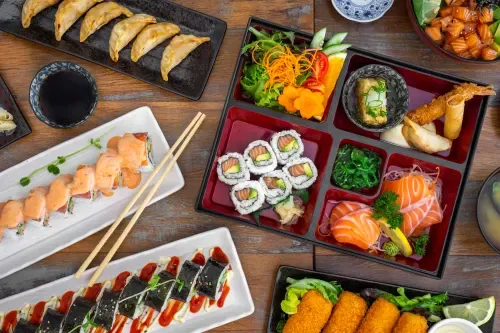The authority also stated that imported food from the remaining parts of Japan will be strictly monitored, with documentation subjected to thorough checks and plans to strengthen food import controls. The goal is to prevent the entry of radioactively contaminated food into China.
The decision comes after the International Atomic Energy Agency (IAEA) chief, Rafael Grossi, gave approval for Japan's plan to dispose of the water, stating that it met international safety standards. However, China criticised the IAEA's final review report. Japan's nuclear regulatory authority also granted approval for the plan, although a specific date for the water disposal has not yet been announced.
The system designed for water disposal is capable of filtering out 62 nuclides, excluding the radioactive isotope tritium. The Japanese electric utility, Tepco, responsible for the Fukushima Daiichi plant, intends to dilute the water to a concentration of approximately 1,500 becquerels per litre, which is less than 40th of the national safety standard.
In comparison to other countries, Japan has set a stricter threshold for the release of tritium, with levels below 22 trillion becquerels per year. For instance, in 2021, the Yangjiang nuclear power plant in China released around 112 trillion becquerels of tritium, while South Korea's Kori power plant released about 49 trillion becquerels of radioactive material.
The Fukushima Daiichi nuclear power plant experienced core meltdowns in 2011 due to an earthquake and tsunami. The reactors, which were destroyed, still require cooling with water stored in large tanks. The water will be filtered and disposed of in diluted form through a tunnel extending approximately 1 kilometre into the sea.
Meanwhile, the South Korean government has expressed that it anticipates minimal impact from the discharge of cooling water.
(dpa/NAN)



